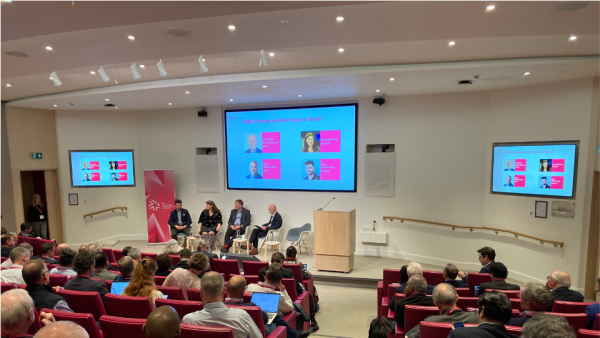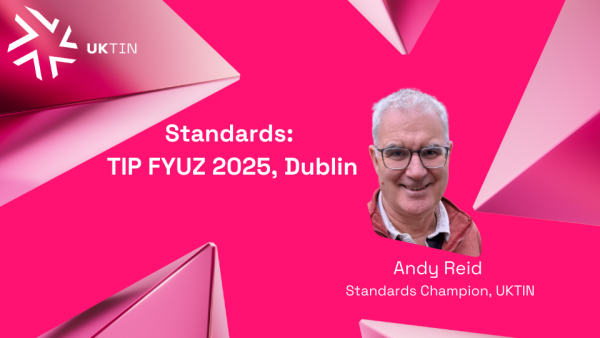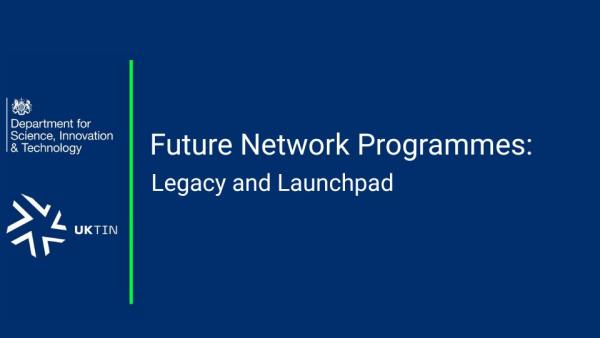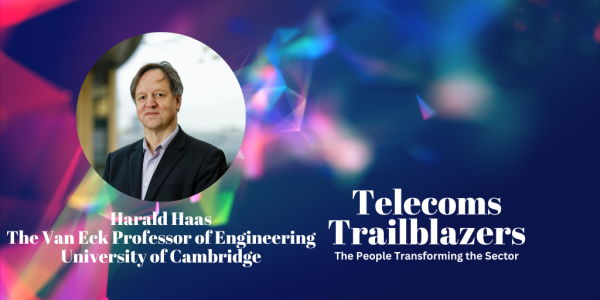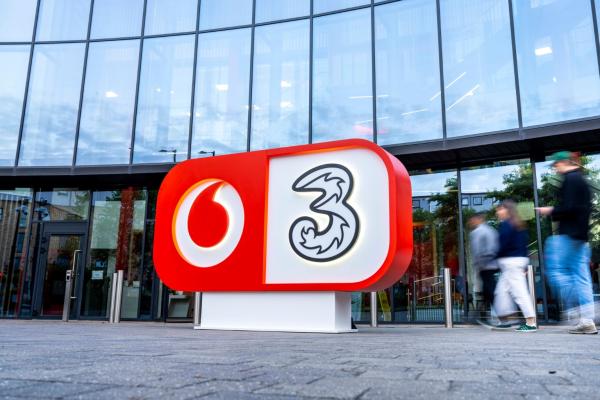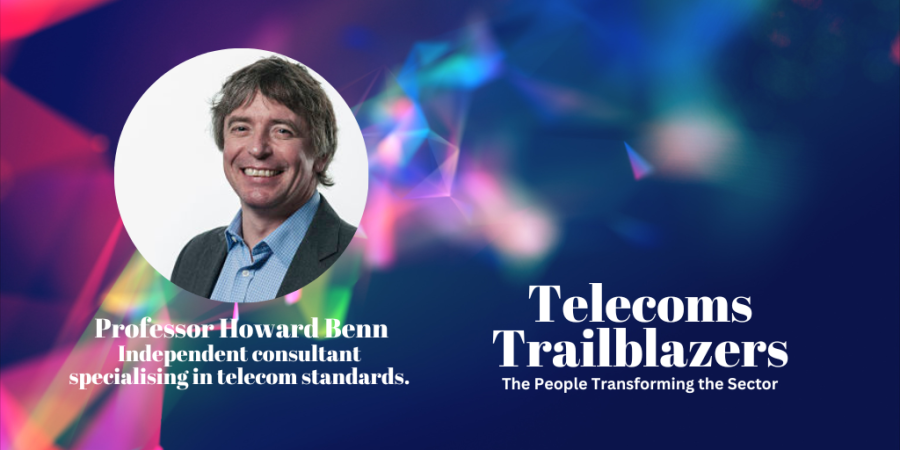
Hello, I’m Professor Howard Benn, an independent consultant specialising in telecom standards. I retired last year from Samsung, where I was the Vice President of Communications Research, and I previously worked at Motorola.
My main focus is on standards education, mainly working with the European Telecom Standards Institute, which is located near Nice in France. I create training material that can be applied at every level, including for undergraduates. One series consists of six 10-minute sessions explaining how standards work and why we need them. I’m also generating modules and briefings for government officials and SMEs. At Samsung, my team looked after the advanced research that feeds into mobile telecom standards, primarily 3GPP; we also led several EU-funded and internal research programmes.
Telecoms is suffering in Europe because people are not moving into the standards space. Anything we can do to help is an achievement. We have an ageing population, and people like me are beginning to retire after working in the industry for 40 years. We must encourage people to consider a telecoms career - and let them know that standards exist.
I have been talking to universities around the UK, and standards rarely feature in engineering modules. A few talk about mobile phones and radio technologies, but the lecturers don’t necessarily have the expertise to understand where the technologies came from in the first place. I’m hoping to change that.
What do you enjoy most about working in this space?
The travelling. I’ve attended over 250 standards meetings worldwide, working with word-leading experts and seeing some lovely destinations.
What’s the most ridiculous thing you’ve done in the name of work?
Look at the top right corner of your mobile phone, and you should be able to see a graph that tells you the signal strength. Sometimes, there will be a letter “H” there. That’s “H” for Howard. We were looking at improving mobile connectivity when we were creating 3G, and I was working at Motorola at the time, and we needed to call it something… I wanted it to be my first initial, so we went with High Speed Downlink Packet Access, and I got a little H at the top of my phone!
What excites you most about working in telecoms?
Impacting people’s lives. People use mobile phones globally, and they can really improve everyday lives.
What would you like people to know about your work?
You can contribute and write standards. Many engineers will implement standards at some point during their careers, but many don’t realise they can also write standards. There are 12 billion mobile connections at the moment, according to GSMA and 5.8 billion unique subscribers. What else affects this many people?
Why is a vibrant, flourishing telecoms ecosystem important for the UK?
Telecoms has an enormous global impact, and the UK contributes to that. I’m a visiting professor at Bristol and an honorary professor at Queen’s University Belfast. I love visiting the PhD students and helping them work with industry. Relationships and conversations are much easier if the partner corporations or SMEs are local. Students often go on to set up their own companies. Then, they employ people and create technologies, which is great for our economy.

